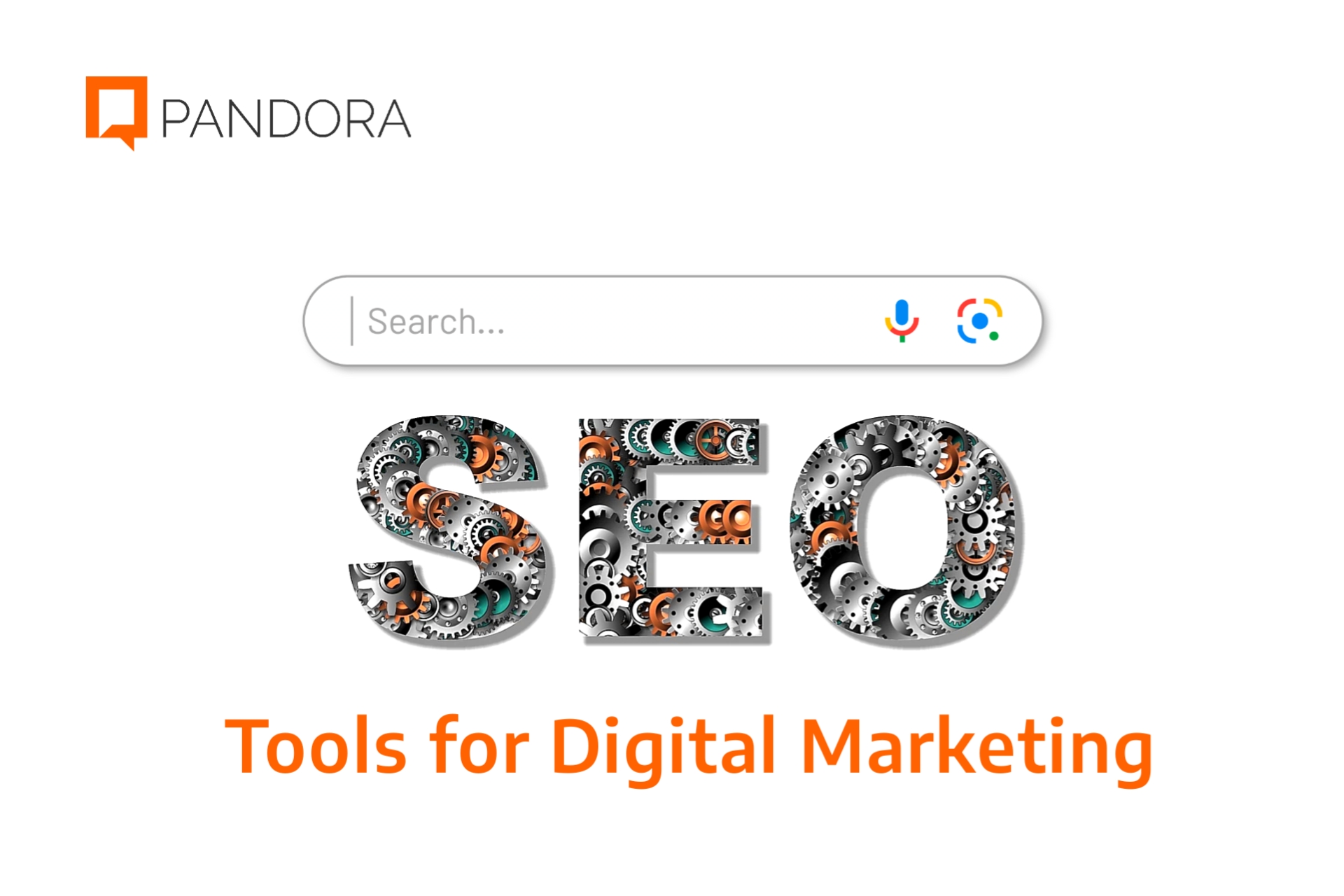In today’s crowded digital world, choosing the right SEO tools is essential for e-commerce success. These tools do more than boost your search rankings; they help your brand reach the right audience, communicate your message efficiently, and carve out a distinct presence in a competitive market.
This guide is here to help you cut through the clutter and zero in on essential tools that can give your digital marketing strategy the edge it needs.
Why SEO Tools Matter More Than Ever
68% of online experiences begin with a search engine, according to Business Dasher. That means that two-thirds of your potential customers start their journey with a Google search (or other alternatives such as Yahoo, Bing). With so much potential to stand out, the smart use of SEO tools can help you get noticed, drive in more traffic, and turn clicks to customers.
But here’s the thing, SEO isn’t about stuffing keywords into your content anymore. It’s about understanding your audience, keeping your website healthy, and creating content that resonates. Here are the key tools that can help make that happen.
Top 5 Must-Have SEO Tools for E-commerce Business
Building an SEO strategy requires tools that address various optimization needs. Here are the best SEO tools that digital marketers rely on:
- Keyword Research Tools
Ahrefs and SEMrush help uncover keywords that your target audience is searching for. By selecting the most effective keywords, you can ensure your e-commerce store attracts the right audience. Once you’ve selected your keywords, try weaving them into your product descriptions, blog posts, and meta tags to improve your search rankings.
You can also check out Search Engine Journal’s guide on top keyword research tools if you want to go in-depth. These tools can be used to see what your competitors are ranking for and find new keyword opportunities.
- Backlink Analysis Tools
Backlinks are the lifeblood of SEO, especially in competitive niches such as fashion or electronics. Programs like Majestic and Ahrefs stand out by mapping valuable backlink sources for you and helping your brand understand where its competitors are gaining link strength.
As Neil Patel explains in his list of the 17 Best Backlink Analysis Tools, understanding your link profile is essential for staying ahead of the game.
- On-Page SEO Tools
Optimizing every page on your e-commerce site is essential. Tools like Yoast SEO (a WordPress plugin) helps you fine-tune your keyword placement, meta tags, and readability scores. By regularly updating and refining on-page elements, companies and businesses have been able to maintain a steady increase in search rankings.
- Rank Tracking Software
If you have ever been curious about how well your keywords are performing after the optimization, then SERP-tracking tools like AccuRanker provide real-time data on your keywords’ performance. Brands using AccuRanker have reported remarkable improvement in keyword retention, which has allowed them to focus resources on pages that needed support to maintain high visibility.
- Technical SEO Tools
Technical SEO may sound intimidating, but tools like Screaming Frog and Google Search Console make it easier to diagnose and fix site issues. They scan your website for broken links, duplicate content, and missing tags, all of which can have an impact on user experience and SEO.
Together, they keep your site optimized for both users and search engines.
How to Use SEO Tools to Enhance Your E-commerce Content Strategy
Creating a winning strong content strategy isn’t just about churning out blog posts; it’s about writing with purpose. Tools like Clearscope help refine your content to match what users are searching for.
For example, Optimizely, an enterprise SaaS brand, saw a 52% boost in organic simply by using Clearscope to optimize their blog post with high-value keywords. That’s the power of intentional content.
BuzzSumo is also a great tool for analyzing your competitors’ content strategies and gaps. By studying which topics perform well, you can create better, more targeted content that fills those gaps and positions your brand as a thought leader in your niche.
The Role of Analytics in Effective Digital Marketing with SEO Tools
Understanding what works (and what doesn’t) is important in maximizing your SEO efforts. As discussed in our article on The Role of Digital Marketing in Building Your Brand, tracking and analyzing data is crucial for shaping a successful digital strategy.
Google Analytics is particularly valuable for monitoring user behavior and identifying pages that need optimization. Take Lenovo, for example, by analyzing user behavior with Google Analytics, they pinpointed weak spots in their customer journey. Using the data they got, Lenovo made targeted adjustments, focusing on personalized content and optimizing their mobile site experience. This shift, fueled by real-time data, helped Lenovo increase sales and improve the efficiency of their ad spend by 20%.
The key takeaway here is that analytics don’t just provide data, they deliver insights that can transform your business strategy.
In Closing
Choosing the right SEO tools may seem overwhelming, but the rewards are clear. By blending keyword research, backlink analysis, on-page optimization, and analytics, you can craft a strategy that boosts rankings and improves your user experience.
Interested in trying out these strategies? Visit our blog for more actionable tips on mastering SEO and marketing, or reach out to us now at Pandora to learn how we can support your SEO success.
Let’s cut through the clutter together.






Leave a Reply